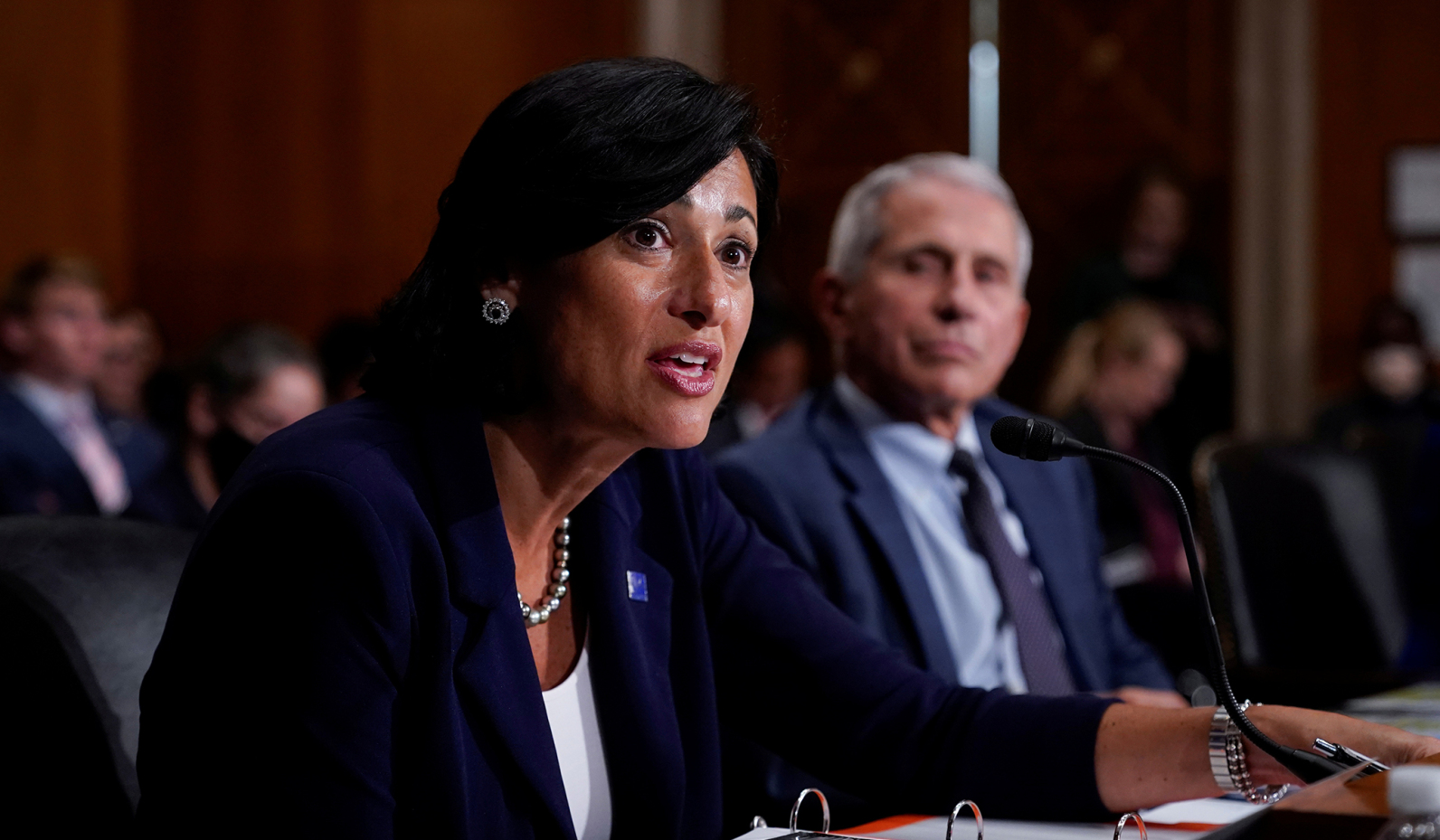Kerby Anderson
For months we have been told to “trust the science.” The reaction from many of us is that we believe in science, but we aren’t as convinced of the scientific validity of some of these admonitions. This has led to frustration from political leaders and the media.
One example of this frustration surfaced on a Twitter post. The author stated:
“If you think you don’t trust scientists, you’re mistaken. You trust scientists in a million different ways every time you step on a plane, or for that matter turn on your tap or open a can of beans.” One follow-up comment said, “I trust engineers. Big difference.”
Charles Cooke used the post to explain that “many otherwise-reasonable people have come to conclude that ‘science’ is being routinely used as a means by which to launder political authority. Over the last 16 months, institutions from the CDC to the NIH to Facebook have been caught making up the rules as they go along.”
Americans don’t question the science of airplane flight because flight works, and we aren’t given constantly evolving rationales for why airplanes fly. If scientists and politicians started giving us changing and even contradictory information about airplanes, plumbing, and beans, you can bet many people would turn skeptical.
Cooke reminds us that “we have been told that masks were useless and that they were imperative; that protests were disastrous super-spreader events and that they were safe and necessary; that the lab-leak theory was a conspiracy and that it was the most plausible explanation.”
The vacillations and contradictions don’t sound like science to most Americans. That is why many of us are a bit more skeptical when confronted with the admonition to “trust the science.”
 Listen Online
Listen Online Watch Online
Watch Online Find a Station in Your Area
Find a Station in Your Area









 Listen Now
Listen Now Watch Online
Watch Online
